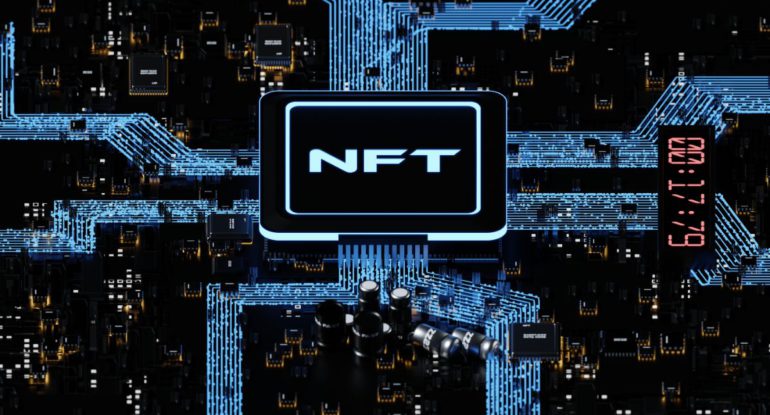NFTs And Food: Harnessing Blockchain Technology For Sustainable Food Systems

Blockchain technology has already revolutionized several industries by providing secure and transparent solutions for data management and transactions. However, the potential of blockchain technology to transform the food industry and support sustainable food systems is yet to be fully realized. NFTs and food have emerged as a new use case for blockchain technology, and they hold great promise for the food industry. In this article, we explore the potential of NFTs to support sustainable food systems.
Creating NFTs to represent locally-grown and organic foods
One way in which NFTs can support sustainable food systems is by creating digital tokens that represent locally-grown and organic foods. This can help to promote and support small-scale farmers who use sustainable farming practices. NFTs can provide a unique digital identity for these foods, enabling consumers to trace the origin of their food and verify its authenticity. This can help to build trust between farmers and consumers and promote local and sustainable food systems.
NFTs can also help to reduce food waste by promoting the use of imperfect or surplus produce. By creating NFTs that represent these foods, farmers can increase their market reach and reduce waste. Consumers can purchase these NFTs, which can represent anything from a box of mixed vegetables to a selection of fruit, and use them to redeem their produce directly from the farmer. This can help to create a more sustainable food system by reducing food waste and supporting small-scale farmers.
Using NFT sales to support small-scale farmers and sustainable agriculture initiatives
Another way in which NFTs can support sustainable food systems is by using the proceeds from NFT sales to support small-scale farmers and sustainable agriculture initiatives. NFT sales can provide a new source of revenue for farmers, enabling them to invest in sustainable farming practices and technology. This can help to promote sustainable agriculture and reduce the environmental impact of food production.
Furthermore, NFT sales can support sustainable agriculture initiatives that promote soil health, water conservation, and biodiversity. For example, NFT sales can be used to fund the restoration of degraded farmland, the creation of wildlife corridors, or the development of sustainable agroforestry systems. This can help to support the regeneration of ecosystems and promote long-term sustainability in the food industry.
Leading Japanese snack food maker Calbee Inc. to deploy its evolving potato chip NFTs on Astar Network. Calbee’s NFT chips can be found in thousands of retail stores across Japan, and the name resonates with most Japanese 🇯🇵 Check out if you are in Japan.https://t.co/1ftvdNJlnr
— Astar, Future of Smart Contracts for Multichain (@AstarNetwork) April 12, 2023
NFTs hold great promise for the food industry and can play a significant role in supporting sustainable food systems. By creating NFTs that represent locally-grown and organic foods and using NFT sales to support small-scale farmers and sustainable agriculture initiatives, blockchain technology can help to promote transparency, reduce waste, and support the regeneration of ecosystems. With continued innovation and investment in this area, we can expect to see even more exciting developments in the intersection of NFTs and sustainable food systems in the coming years.
NFTs can also be used to promote food safety and transparency
Moreover, NFTs can be used to support charitable initiatives that promote access to healthy and sustainable food for all. For example, NFT sales can be used to fund food banks, community gardens, or education programs that promote healthy eating and sustainable food practices. This can help to address food insecurity and promote social and environmental justice in the food industry.
Finally, NFTs can also be used to support the development of innovative food products and technologies. For example, NFT sales can be used to fund research and development of plant-based meats, vertical farming technologies, or blockchain-enabled supply chain solutions. This can help to promote innovation in the food industry and support the development of more sustainable and ethical food systems.
Drink the future ✨💧 pic.twitter.com/TpdDFiXvAR
— Ape Beverages Pure Spring Water (@ApeBeverages) September 1, 2022
In conclusion
NFTs have the potential to transform the food industry and promote sustainable food systems in many ways. By creating digital tokens that represent locally-grown and organic foods, using NFT sales to support small-scale farmers and sustainable agriculture initiatives, promoting food safety and transparency, supporting charitable initiatives, and promoting innovation, blockchain technology can help to create a more sustainable, transparent, and equitable food system for all. As the technology continues to evolve and new use cases emerge, we can expect to see even more exciting developments at the intersection of NFTs and food.




























































